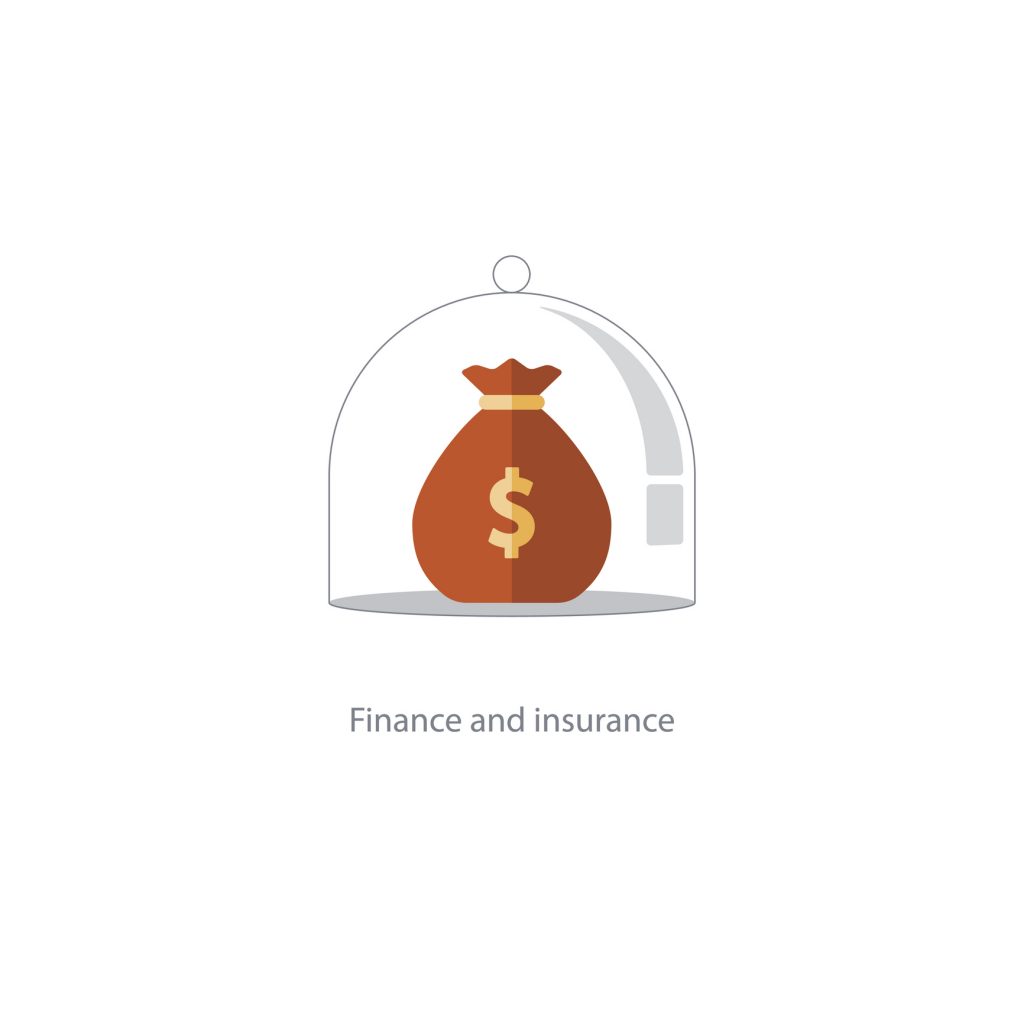Grade 9-12
,
Activity
Evaluate Fiscal Policy Proposals
Objective
Students will be able to:
- Understand the Covid-19 crisis.
- Learn about fiscal policy.

In this economics activity, students will analyze responses to COVID-19 crisis to learn about fiscal policy.
Resources
Procedure
Divide the class into small groups of 2-3 students. Choose between the Quizizz activity, ReadyAssessments activity, or In-Class activity. Provide the following instructions to the groups:
Each person in your group should take lead reading the summary and initiating the conversation about each of the policy proposals. Evaluate each proposal based on their multipliers and the extent to which they are timed, targeted, and temporary. Complete the activity, indicating [Yes, No, or Somewhat] for each question.
Policy Proposal Summaries:
- [PPP] The Paycheck Protection Program (PPP) is a loan for small businesses to help keep their workers on the payroll. Small Business Administration (SBA) will forgive loans if all employee retention criteria are met and the funds are used for eligible expenses.
- [FPUC] Federal Pandemic Unemployment Compensation program (FPUC) provides an additional $600 per week to individuals who are collecting regular unemployment compensation including Unemployment Compensation for Federal Employees (UCFE) and other types of assistance. This benefit under the CARES Act was available from March to July 2020.
- [Liability Protection] Entities would be protected from lawsuits tied to coronavirus infections. That includes businesses, schools, hospitals, churches, nonprofits, universities, and government agencies. This would not protect entities that engage in gross negligence or consciously engage in reckless disregard for the safety of their customers and employees.
- [State Gov Aid] Provides significant funding to state and local governments, including flexible aid which can be spent for any purpose, including to backfill revenue losses. This would be given in installments over the next year.
- [Meals] A provision that would permit businesses to fully write off the value of meals during the pandemic. That is an increase from a 50% deduction that is currently allowed for meals and snacks at work, as well as client meals if business is being conducted.
- [Stimulus Check] A stimulus check to be sent to households below a certain income limit. The first stimulus payment was a $1200 check issued to most individuals earning less than $75,000/year. Checks tapered down for those earning between $75,000 and $99,000 per year. Children received $500.

